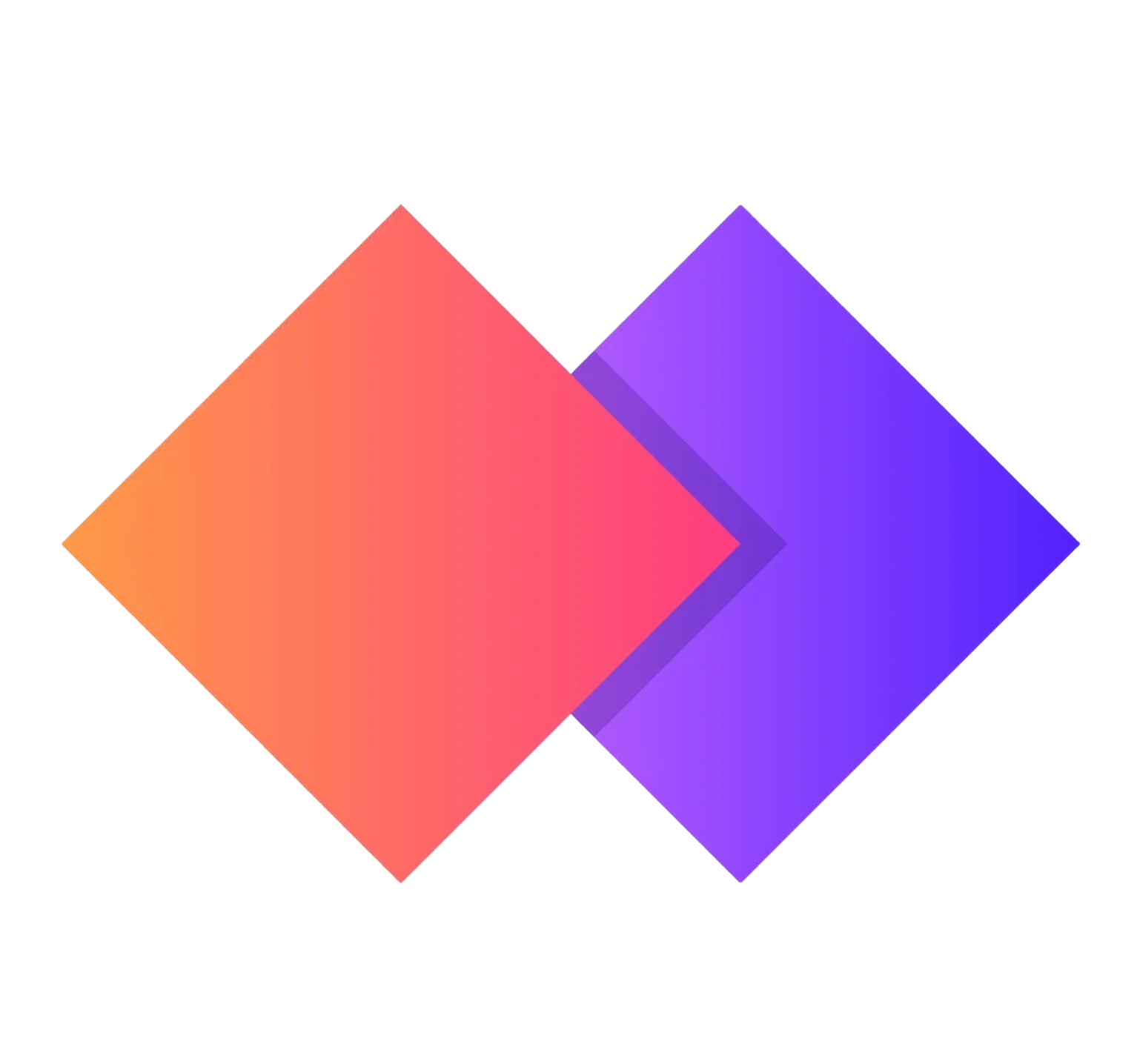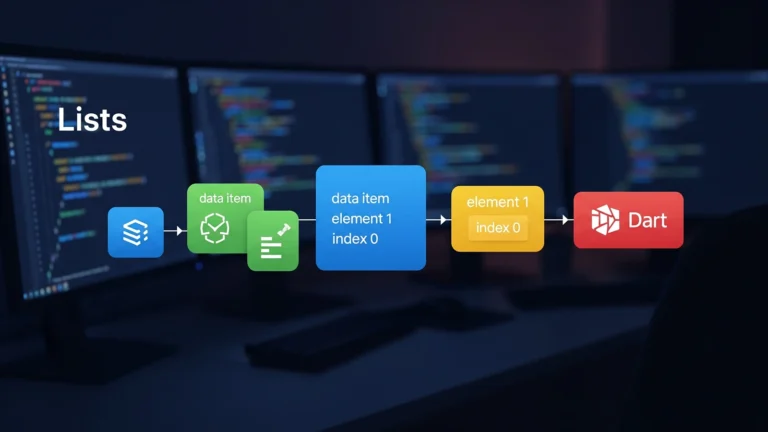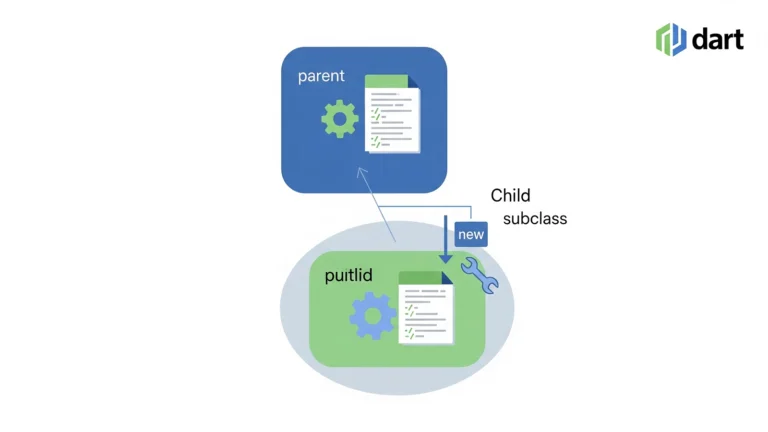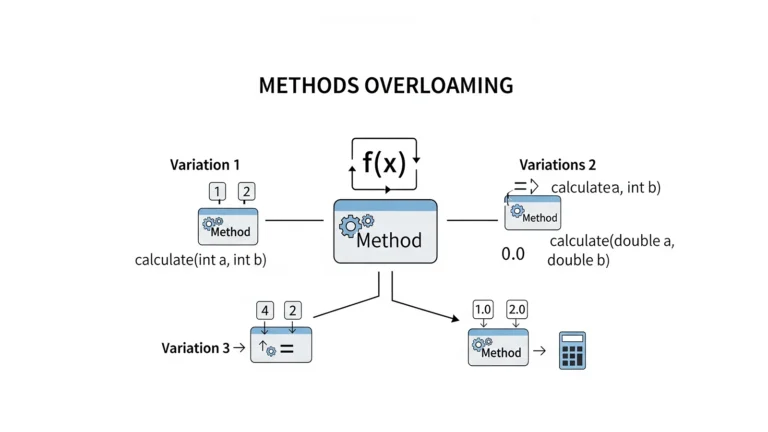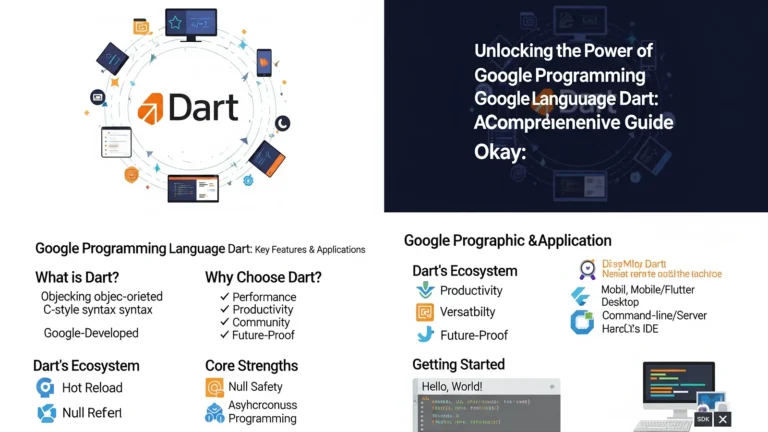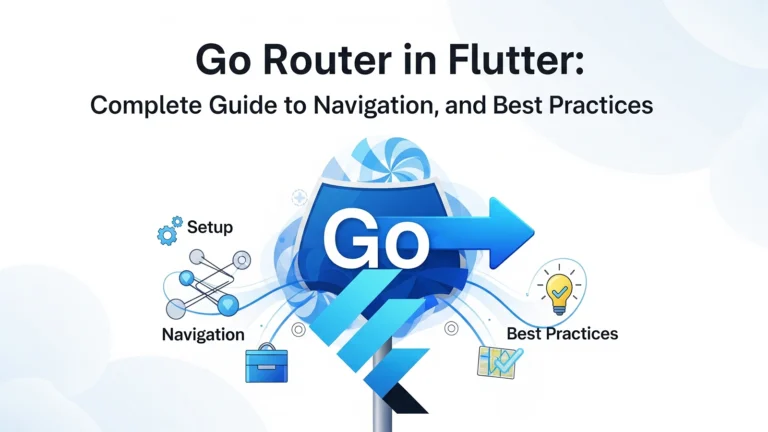Are you a Dart developer struggling with JSON to Dart conversion? Do you find yourself spending too much time manually mapping JSON data to your Dart objects? You’re in the right place! This comprehensive guide will walk you through everything you need to know about JSON to Dart parsing, from basic concepts to advanced techniques.
In today’s interconnected world, JSON (JavaScript Object Notation) is the de facto standard for data interchange. Whether you’re consuming REST APIs, saving local data, or building real-time applications, you’ll inevitably encounter JSON. And when you’re working with Dart, efficiently converting that JSON to Dart objects is crucial for clean, maintainable, and robust code.
Why is Efficient JSON to Dart Conversion Important?
Manually parsing JSON can be tedious and error-prone. Imagine you have a complex JSON structure with nested objects and arrays. Writing boilerplate code to convert each field can quickly become unmanageable. This is where effective JSON to Dart strategies come into play. By streamlining this process, you can:
- Improve Productivity: Spend less time on mapping and more time on core application logic.
- Reduce Errors: Automated or semi-automated processes minimize the chance of typos or incorrect type conversions.
- Enhance Code Readability: Clean Dart objects are much easier to understand and work with than raw
Map<String, dynamic>structures. - Boost Performance: Efficient parsing can contribute to a snappier user experience.
Let’s dive into the various methods for converting JSON to Dart.
The Basics: Manual JSON to Dart Parsing
For simple JSON structures, you can manually parse JSON to Dart using Dart’s built-in dart:convert library. This is a good starting point to understand the underlying mechanisms.
Consider this simple JSON:
JSON
{
"name": "Alice",
"age": 30,
"isStudent": false
}
To convert this JSON to Dart, you would typically create a Dart class:
Dart
class User {
final String name;
final int age;
final bool isStudent;
User({required this.name, required this.age, required this.isStudent});
factory User.fromJson(Map<String, dynamic> json) {
return User(
name: json['name'] as String,
age: json['age'] as int,
isStudent: json['isStudent'] as bool,
);
}
}
And then, to use it:
Dart
import 'dart:convert';
void main() {
String jsonString = '{"name": "Alice", "age": 30, "isStudent": false}';
Map<String, dynamic> userMap = jsonDecode(jsonString);
User user = User.fromJson(userMap);
print('User Name: ${user.name}');
print('User Age: ${user.age}');
print('Is Student: ${user.isStudent}');
}
This method is straightforward for small objects. However, as your JSON complexity grows, this manual JSON to Dart approach becomes cumbersome.
The Power of Code Generation: Automated JSON to Dart
This is where code generation shines. Tools and packages can automatically generate the fromJson (and often toJson) methods for you, significantly simplifying the JSON to Dart process. This is the recommended approach for most real-world applications.
1. json_serializable
json_serializable is arguably the most popular and robust package for JSON to Dart code generation in Flutter and Dart projects. It integrates with build_runner to generate the necessary serialization boilerplate.
Steps to use json_serializable:
- Add Dependencies:Add these to your pubspec.yaml:YAML
dependencies: json_annotation: ^4.8.1 dev_dependencies: build_runner: ^2.4.6 json_serializable: ^6.7.1json_annotationcontains annotations like@JsonSerializable, whilebuild_runnerandjson_serializableare development dependencies used to generate the code. - Create Your Model Class:Annotate your Dart class with @JsonSerializable().Dart
import 'package:json_annotation/json_annotation.dart'; part 'user.g.dart'; // This line is crucial for code generation @JsonSerializable() class User { final String name; final int age; final bool isStudent; User({required this.name, required this.age, required this.isStudent}); factory User.fromJson(Map<String, dynamic> json) => _$UserFromJson(json); Map<String, dynamic> toJson() => _$UserToJson(this); }Notice thepart 'user.g.dart';line and the_$UserFromJsonand_$UserToJsonmethods. These are placeholders for the code thatjson_serializablewill generate. - Run the Code Generator:In your terminal, navigate to your project root and run:Bash
flutter pub run build_runner buildOr, for continuous generation (useful during development):Bashflutter pub run build_runner watchThis command will generate a file nameduser.g.dart(or whatever you named your part file) in the same directory as youruser.dartfile. This generated file will contain the actual_$UserFromJsonand_$UserToJsonimplementations.Here’s an example of whatuser.g.dartmight look like:Dart// GENERATED CODE - DO NOT MODIFY BY HAND part of 'user.dart'; User _$UserFromJson(Map<String, dynamic> json) => User( name: json['name'] as String, age: json['age'] as int, isStudent: json['isStudent'] as bool, ); Map<String, dynamic> _$UserToJson(User instance) => <String, dynamic>{ 'name': instance.name, 'age': instance.age, 'isStudent': instance.isStudent, }; - Use Your Generated Class:Now you can easily convert JSON to Dart and vice-versa:Dart
import 'dart:convert'; import 'package:your_app_name/user.dart'; // Adjust path void main() { String jsonString = '{"name": "Bob", "age": 25, "isStudent": true}'; Map<String, dynamic> userMap = jsonDecode(jsonString); User user = User.fromJson(userMap); // Using the generated fromJson print('User Name: ${user.name}'); // Convert Dart object back to JSON Map<String, dynamic> userToJson = user.toJson(); print('User to JSON: ${jsonEncode(userToJson)}'); }
json_serializable handles complex scenarios like nested objects, lists of objects, and custom field naming (@JsonKey(name: 'full_name')). It’s the go-to solution for robust JSON to Dart conversion.
`

2. QuickType (Online Tool)
While json_serializable is excellent for in-project generation, sometimes you just need to quickly generate Dart models from an existing JSON payload without adding dependencies or setting up build_runner. This is where online tools like QuickType come in handy.
QuickType allows you to paste your JSON, select Dart as the target language, and it will instantly generate all the necessary Dart classes, complete with fromJson and toJson methods. It even handles nested structures and lists gracefully.
This is a fantastic option for rapid prototyping or when you have a one-off JSON to Dart conversion task.
Advanced JSON to Dart Techniques
Handling Null Safety
With Dart’s null safety, it’s essential to correctly handle nullable fields in your JSON to Dart models. json_serializable handles this automatically based on your Dart type declarations.
For example, if a field might be missing or null in the JSON:
Dart
@JsonSerializable()
class Product {
final String name;
final double? price; // price can be null
final String? description; // description can be null
Product({required this.name, this.price, this.description});
factory Product.fromJson(Map<String, dynamic> json) => _$ProductFromJson(json);
Map<String, dynamic> toJson() => _$ProductToJson(this);
}
If price or description are null in the JSON, they will correctly be assigned null in the Dart object. If you declare them as non-nullable (double price;), and the JSON provides null, json_serializable will still attempt to assign it, potentially leading to runtime errors if not handled with custom deserializers or default values.
Customizing Field Names with @JsonKey
Often, JSON field names don’t match Dart’s camelCase convention. json_serializable allows you to map them using @JsonKey.
Dart
@JsonSerializable()
class Article {
@JsonKey(name: 'article_id') // Maps 'article_id' from JSON to 'id' in Dart
final String id;
@JsonKey(name: 'article_title')
final String title;
Article({required this.id, required this.title});
factory Article.fromJson(Map<String, dynamic> json) => _$ArticleFromJson(json);
Map<String, dynamic> toJson() => _$ArticleToJson(this);
}
This is incredibly useful for seamlessly converting JSON to Dart while maintaining clean Dart code.
Handling Nested Objects and Lists
json_serializable automatically handles nested objects and lists of objects, provided those nested types are also annotated with @JsonSerializable().
Dart
@JsonSerializable()
class Address {
final String street;
final String city;
Address({required this.street, required this.city});
factory Address.fromJson(Map<String, dynamic> json) => _$AddressFromJson(json);
Map<String, dynamic> toJson() => _$AddressToJson(this);
}
@JsonSerializable()
class UserProfile {
final String username;
final List<Address> addresses; // List of nested objects
final Address? primaryAddress; // Single nested object, can be null
UserProfile({required this.username, required this.addresses, this.primaryAddress});
factory UserProfile.fromJson(Map<String, dynamic> json) => _$UserProfileFromJson(json);
Map<String, dynamic> toJson() => _$UserProfileToJson(this);
}
Remember to run flutter pub run build_runner build after creating or modifying these classes to generate the updated g.dart files for successful JSON to Dart conversion.
`

Working with Enums
json_serializable can also handle enums. You might need to add @JsonEnum() to your enum definition for proper serialization and deserialization.
Dart
enum UserRole {
@JsonValue('admin')
admin,
@JsonValue('editor')
editor,
@JsonValue('viewer')
viewer,
}
@JsonSerializable()
class Employee {
final String name;
final UserRole role;
Employee({required this.name, required this.role});
factory Employee.fromJson(Map<String, dynamic> json) => _$EmployeeFromJson(json);
Map<String, dynamic> toJson() => _$EmployeeToJson(this);
}
This ensures that your JSON to Dart enum conversions are type-safe and accurate.
Best Practices for JSON to Dart
- Always use
json_serializablefor complex models: It reduces boilerplate, prevents errors, and improves maintainability for your JSON to Dart conversion. - Organize your model files: Keep related models in logical folders (e.g.,
lib/models/user.dart,lib/models/product.dart). - Run
build_runner watchduring development: This automatically regenerates your*.g.dartfiles whenever you make changes to your models, keeping your JSON to Dart mappings up-to-date. - Handle potential errors: When fetching JSON from an API, always wrap your
jsonDecodeandfromJsoncalls intry-catchblocks to handle malformed JSON or unexpected data structures. - Consider immutable classes: By making fields
final, you ensure that once a Dart object is created from JSON, its state remains consistent, leading to more predictable code.
Conclusion
Mastering JSON to Dart parsing is a fundamental skill for any Dart or Flutter developer. While manual parsing serves as a good educational exercise, leveraging code generation tools like json_serializable is the professional and efficient way to handle JSON to Dart conversions in production applications.
By adopting the strategies outlined in this guide, you can write cleaner, more robust, and more maintainable code, making your data handling in Dart a breeze. Happy coding, and may your JSON to Dart conversions always be smooth!
